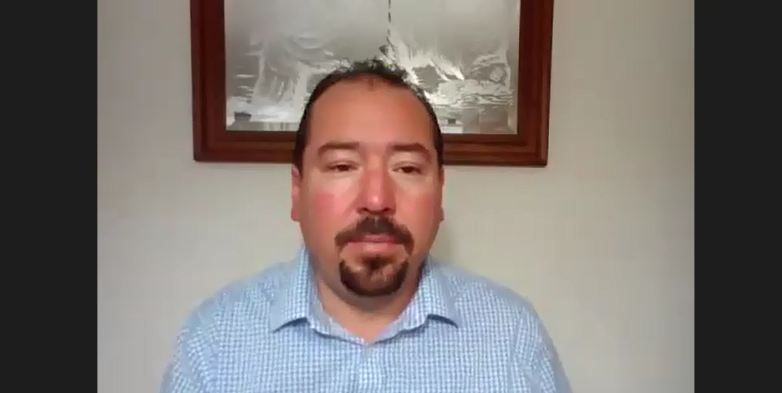THUNDER BAY — The Chiefs of Ontario is watching as a federal bill to extend treaty recognition to Métis remains alive, Regional Grand Chief Abram Benedict said Thursday.
Speaking to reporters after the COO’s three-day fall assembly adjourned, Benedict said First Nations in the province remain opposed to Bill C-53, which would authorize Ottawa to negotiate and ratify treaties with Métis organizations including the Métis Nation of Ontario (MNO).
“Our position on (Bill C-53) hasn’t changed,” Benedict said. “It’s something we’ve been calling upon the government to remove off the docket to stop it from happening.”
The bill “recognizes fraudulent right holders” and needs to be withdrawn, he said.
The bill hasn’t been withdrawn, “but we’re pretty certain that there isn’t going to be any movement on it,” he said. “And if there is, we’ll continue and we will mobilize appropriately.
The COO has spoken to the federal Crown-Indigenous relations minister and his staff about it, Benedict said.
“Their response has been that it is still on the docket but there have been no meetings (or) anything advancing around it, and so they’re well aware of our position on it.
“We’ll really have to see what happens in the next couple weeks with this legislation, but it hasn’t moved. It’s still on the docket, so we’re keeping a very close eye on it.”
In May, the Chiefs of Ontario participated in an Indigenous Identity Fraud Summit in Winnipeg which passed a resolution a resolution calling on the federal government to stop negotiating with the MNO, an Ottawa-headquartered association that asserts Indigenous rights for its members.
The MNO responded with a written statement saying the Winnipeg summit “was used to distort the truth about Métis Nation history and identity.”
The MNO represents legitimate claimants to Métis heritage and wants “a climate where we can have difficult but very important conversations,” the statement said.
Other topics discussed at this week’s fall assembly include child welfare reform, additions to reserves, and “mining and how that impacts our communities,” said Benedict.
